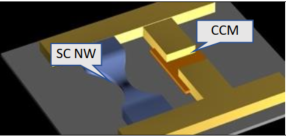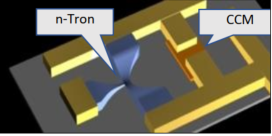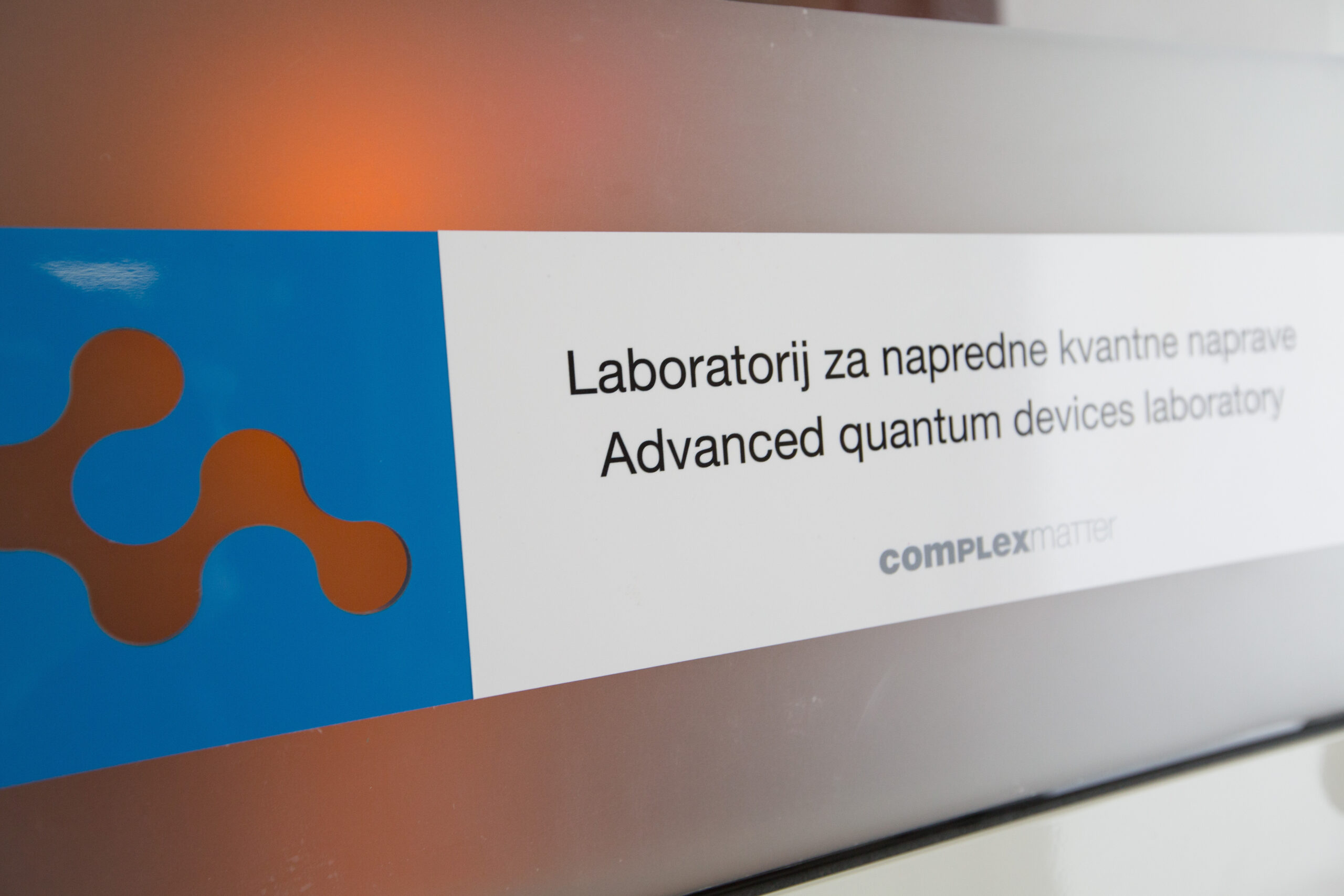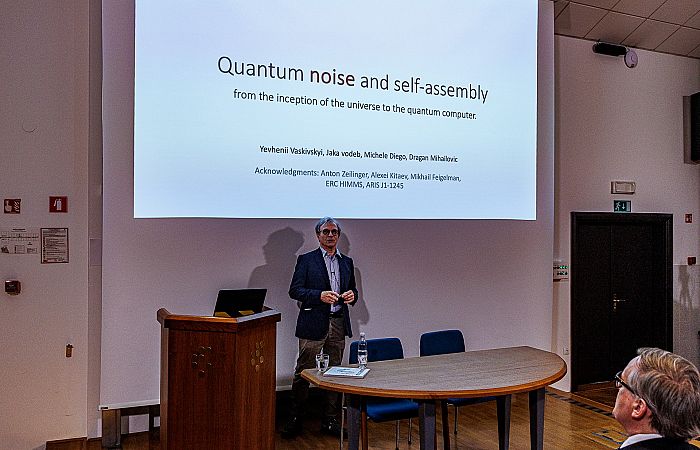The focus of the project is to design, construct, demonstrate and characterize the operation of a new type of a quantum memory device targeted for application in cryogenic controllers and error-correction circuits in quantum computers. It is based on a patented, award-winning hybrid device called a parallelotron (pTron), comprising a non-volatile ultra-efficient charge configuration memory (CCM) memristive element and a superconducting nanocryotron (nTron) driver in parallel to the CCM. The purpose of the nTron driver is to allow the CCM device to be triggered and controlled by one or a few flux-quantum-level signal outputs from superconducting flux quantum (SFQ) circuits. The experimental research program is designed to follow theoretical predictions and will include everything from nanofabrication of superconducting NbTiN nanowire nTrons, TaS2-based CCMs and hybrid pTron devices. The goal of the project is to understand the basic physics of operation, optimize fabrication techniques and design parameters, present systematic measurements of performance and finally, to produce a demonstration chip that can be used to evaluate the pTron device in cryocumputing applications.

Figure 1: A superconducting nanowire in parallel bonding with a CCM element

Figure 2: NTron and CCM in parallel connection
More details on SICRIS

The research project is (co)financed by the Slovenian Research and Innovation Agency.

